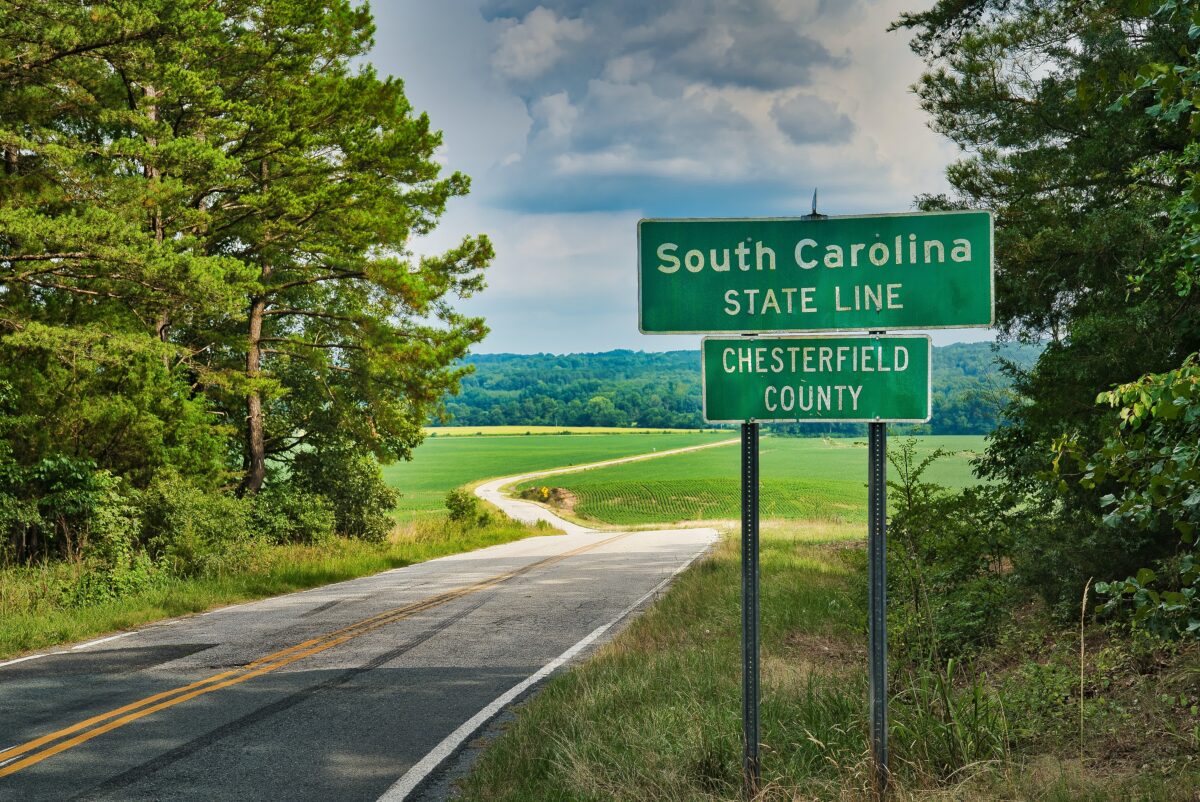Over the past couple of years, many states have passed name, image, and likeness (NIL) bills and had them signed into law by their respective governors. These bills (we have compiled a list) almost exclusively focus on providing college athletes with NIL rights, while also creating some guardrails for the athletes, schools, and third-parties involved in NIL activities.
However, South Carolina decided to reach well beyond sticking to the subject. In addition to making it possible for college athletes to secure representation in the form of athlete agents (as all other states included), South Carolina added provisions that agents need to be aware of, as they go well beyond the model terms set forth in the Uniform Athlete Agents Act of 2000 and the more recently Revised Uniform Athlete Agents Act of 2015, with amendments added in 2019.
Here is what you need to know:
- The definition of an “agency contract” now includes a NIL contract. That is assumed to be true in all other states with athlete agent laws as well, so it is not a material change.
- Athlete agents licensed in South Carolina may now have their licenses suspended, refused to be renewed, or revoked if the agents do not complete a minimum of 20 hours of continuing athlete agent education coursework biennially. This is the first state that I am aware of having any requirement concerning continuing education. It is not yet clear as to what type of education and coursework will qualify.
- South Carolina has increased its licensing fee by a significant amount of money. Initial applicants must pay $1,500. The cost is $2,500 for registration based on a certificate of registration issued by another state. Renewals will run $700. If that renewal is based on a renewal of registration in another state then it is $1,000.
- As far as I am aware, South Carolina has become the only state that, by statute, limits the amount of commission that an agent can take on NIL deals. South Carolina has capped that commission at 10%.
I have no understanding as to why South Carolina decided to make it a much less desirable place for athlete agents to conduct business. This could cause many reputable agents to stay away from recruiting talent in the state due to the high costs, a new continuing educational requirement, and an overly restrictive cap on commissions. Most agents in the sports and entertainment industry charge more than a 10% commission on deals procured and negotiated. Who came up with this 10% cap concept and where did it come from?
